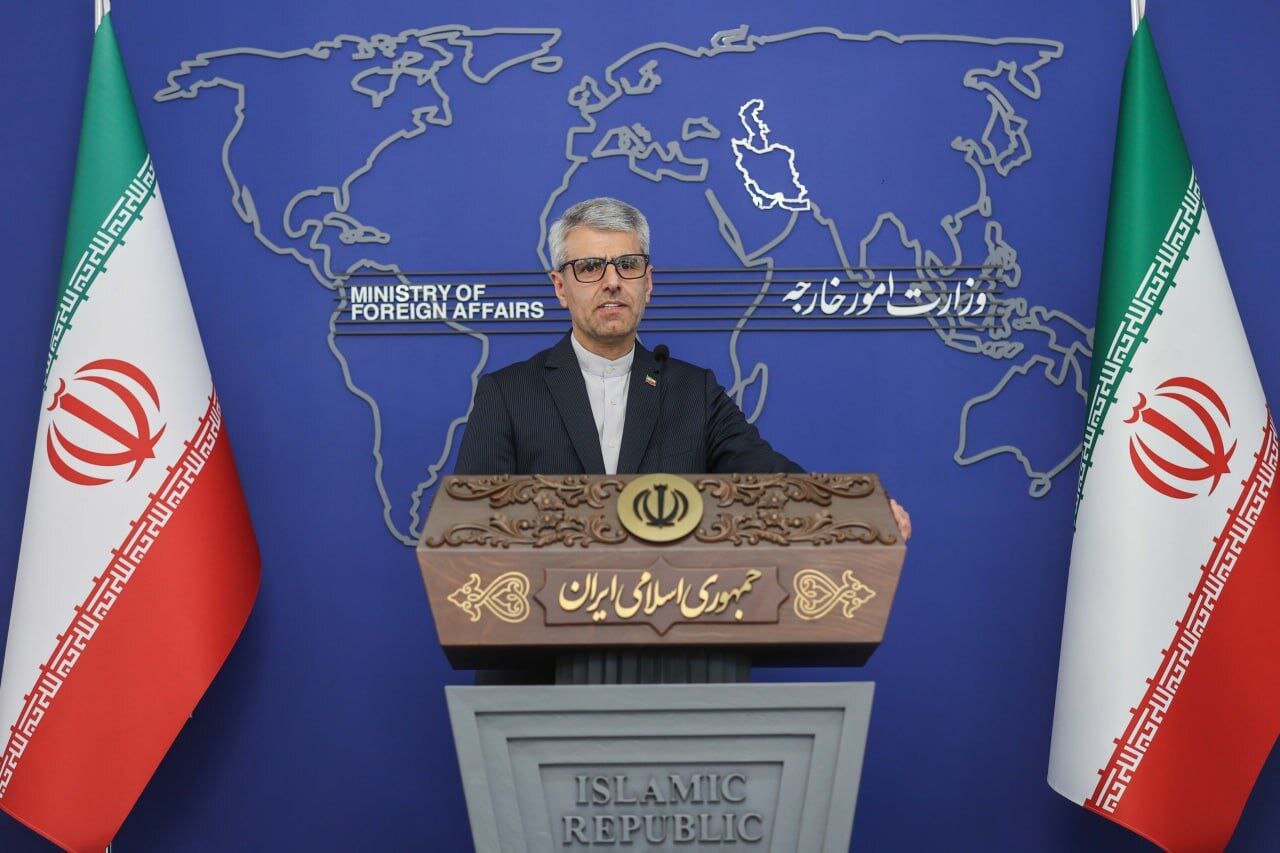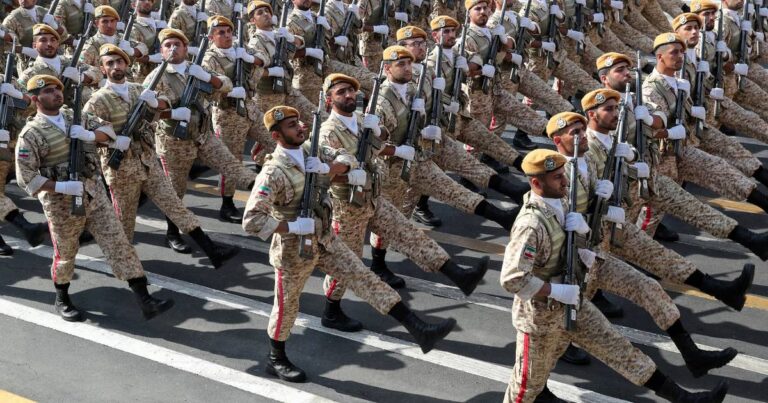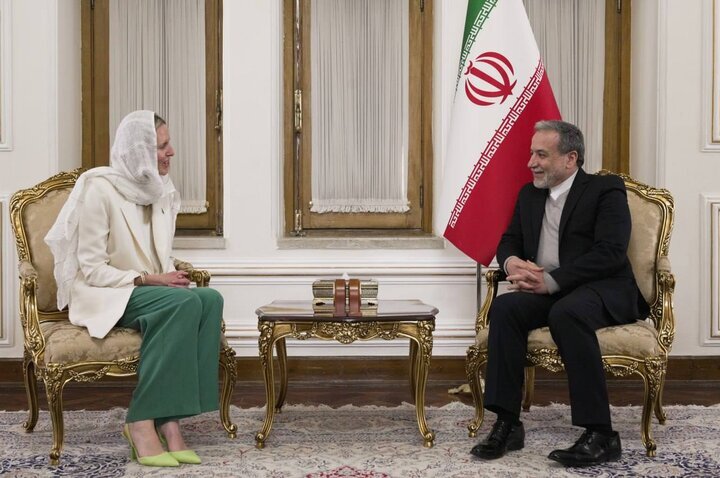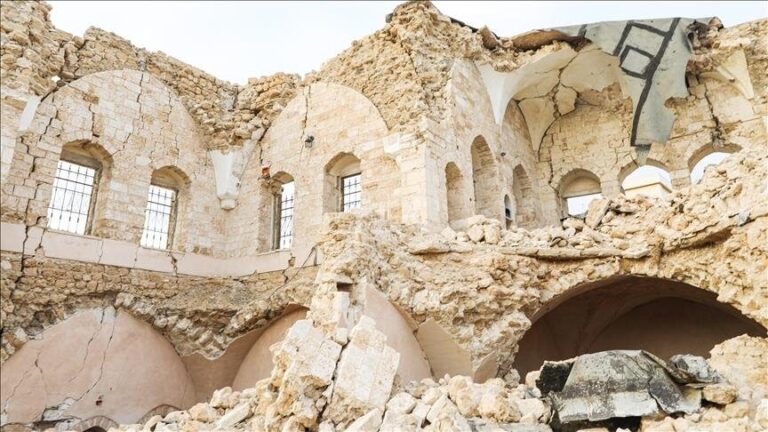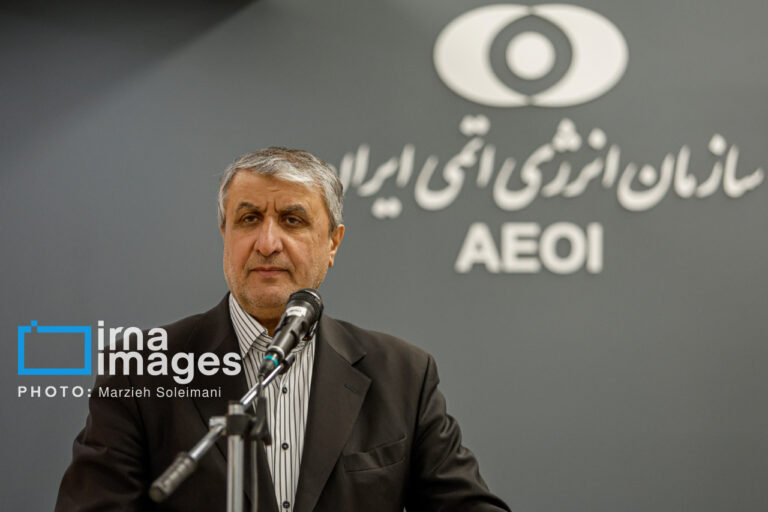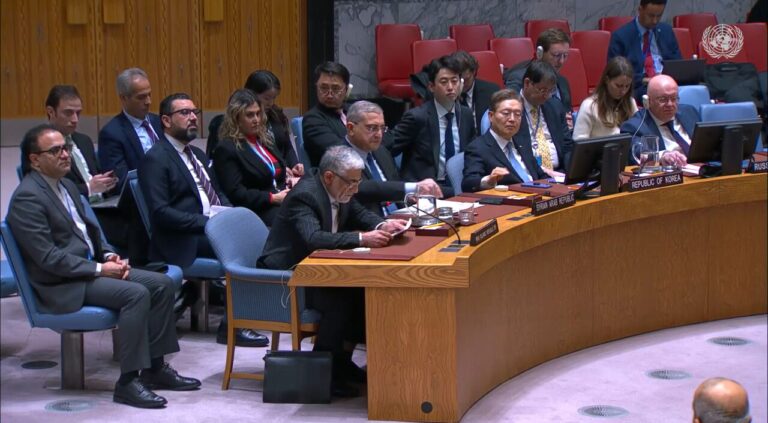Iran Denounces Israeli Aggression in Lebanon: A Call for Global Solidarity
In a significant escalation of tensions in the region, Iran’s Foreign Ministry Spokesman Esmaeil Baghaei has vehemently condemned the recent attacks by the Zionist regime in Lebanon. These attacks, particularly the recent terrorist incident in Beirut’s southern suburb (Dahiyeh), have resulted in the tragic loss of several Lebanese lives, including a Hezbollah official and his son.
Baghaei’s statements highlight the ongoing issues surrounding Israel’s repeated violations of ceasefire agreements, which have reportedly exceeded 2,000 instances. These violations not only threaten Lebanon’s sovereignty but also endanger innocent civilians.
Key Points from Baghaei’s Statement
- Condemnation of Attacks: The Foreign Ministry Spokesman condemned the ongoing criminal attacks by Israel, which he describes as a blatant violation of international law.
- Ceasefire Violations: Baghaei emphasized that Israel has breached the ceasefire over 2,000 times, demonstrating a persistent disregard for Lebanon’s territorial integrity.
- International Inaction: He criticized the inaction of ceasefire guarantors, labeling it disgraceful and indicative of their unreliability.
- Call for Regional Action: Baghaei urged neighboring countries to take serious measures against Israel’s aggressive and expansionist policies.
- US and Western Complicity: He placed blame on the United States and other Western allies for their support of Israel, which he argues enables these crimes.
In his remarks, Baghaei expressed deep regret over the lack of response from international organizations, especially the UN Security Council, regarding Israel’s provocations and criminal activities in both Lebanon and the occupied territories of Palestine. He pointed out that the continued failure of these organizations to address such issues reflects a serious gap in their effectiveness.
The backdrop of these events is a long-standing conflict that has seen various instances of violence and retaliatory measures. The violence not only affects Lebanon but has broader implications for regional stability and international relations.
The Impact of Recent Violence
The recent violence in Dahiyeh has stirred significant outrage among various factions within Lebanon and the international community. The loss of life, especially of prominent figures like the Hezbollah official and his son, has led to escalated tensions and calls for accountability.
Moreover, the continuous violation of ceasefire agreements poses a serious challenge to the peace process in the region. The repeated incursions and attacks by Israeli forces undermine efforts to establish a lasting resolution to the conflict.
International Response and Future Actions
Baghaei’s statements reflect a broader sentiment among those who advocate for a more proactive international response. The expectation is that international bodies, particularly those with the power to enforce peace agreements, should take a more decisive stance against such violations.
- Diplomatic Engagement: There’s a pressing need for renewed diplomatic efforts to engage all parties in meaningful dialogue.
- Strengthening International Law: Advocates argue for the reinforcement of international laws that protect sovereign nations from aggression.
- Regional Cooperation: Increased cooperation among regional allies is essential to counteract Israel’s policies.
As the situation continues to unfold, it remains critical for the international community to observe the developments closely. The need for a comprehensive approach that seeks to establish peace and protect human rights is more urgent than ever. Baghaei’s call for action resonates with many who believe that lasting stability in the region can only be achieved through collaborative efforts that prioritize justice and accountability.
In conclusion, the ongoing conflict and the recent attacks highlight the complexities of Middle Eastern geopolitics. As tensions rise, the hope remains that diplomatic channels will eventually lead to a resolution that respects the rights and sovereignty of all involved parties.
